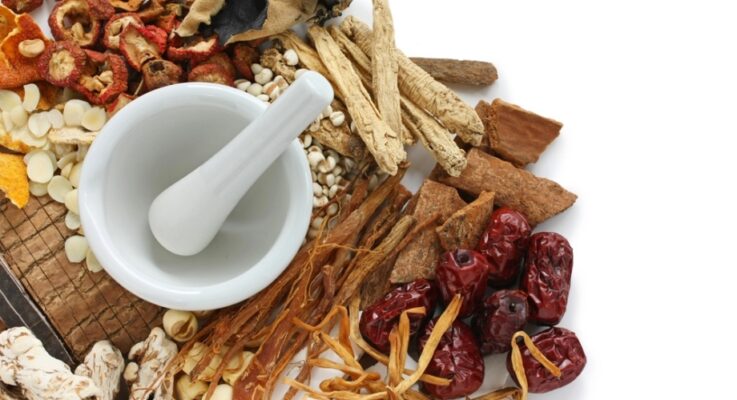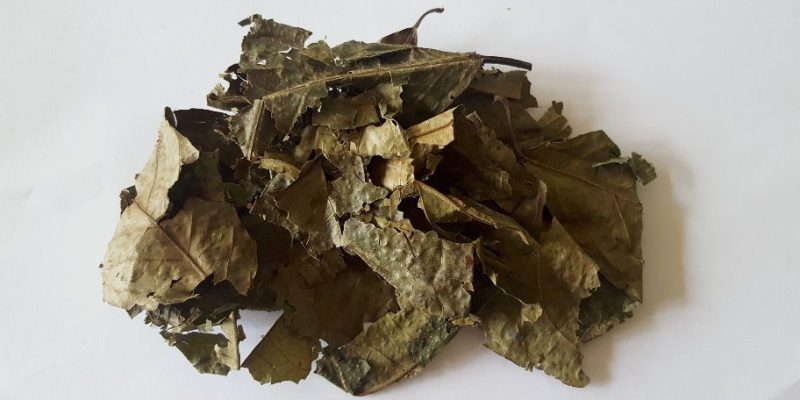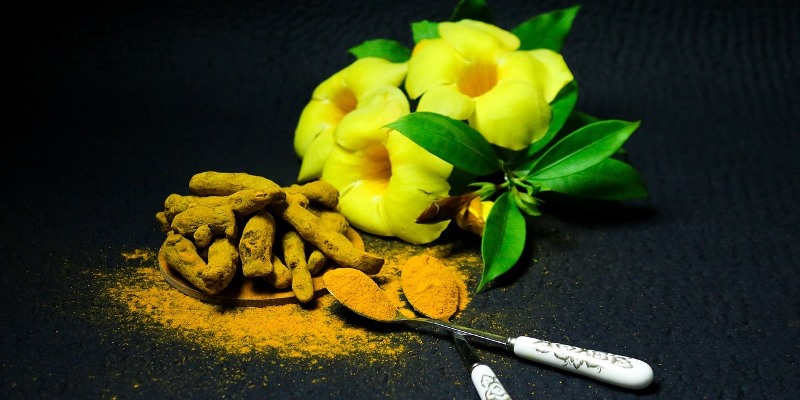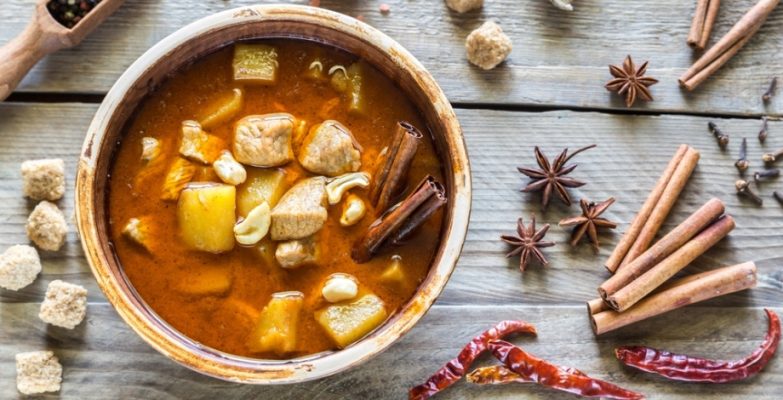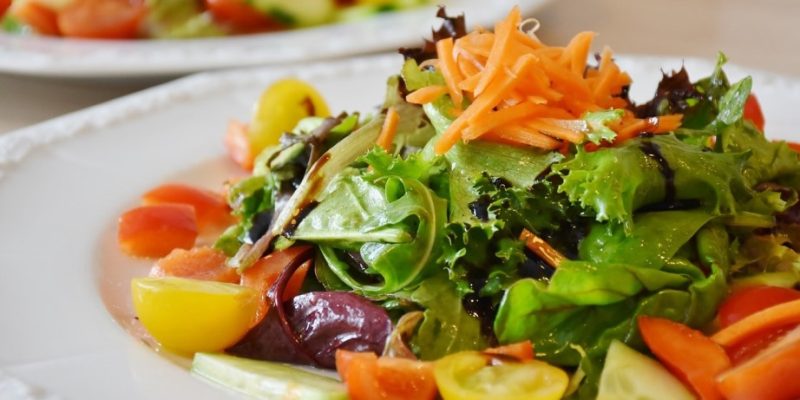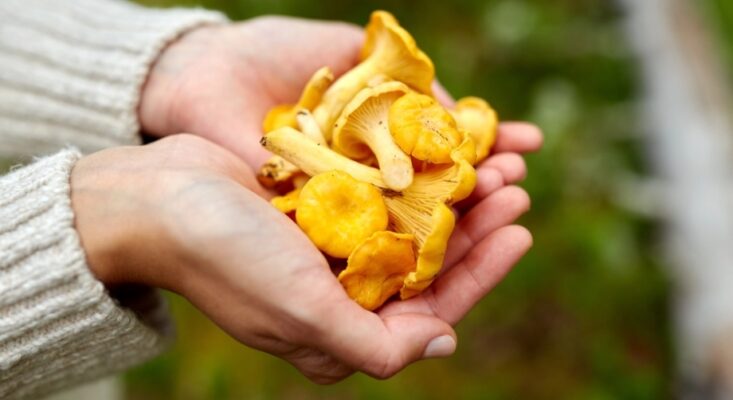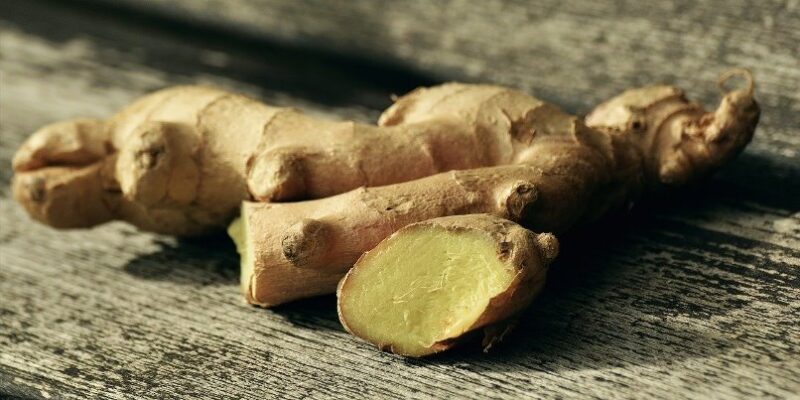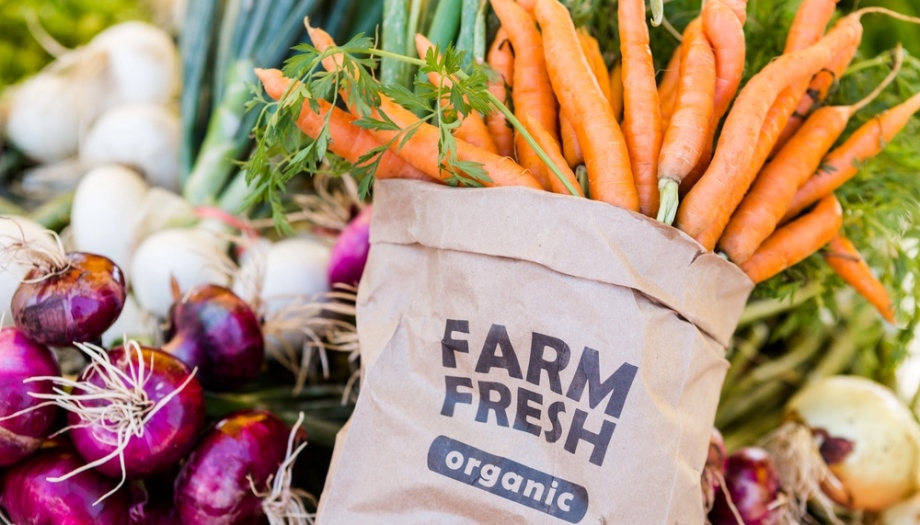
It’s a topic I’ve been thinking about for already a while and it’s about what sort of food is best to eat. It’s because nowadays you can buy all kinds of food in the supermarket that hasn’t been grown locally in your own region or even in your own country.

I mean, like buying imported mangos or bananas in Germany, dragon fruit in Canada, or avocados in Russia, and so on. What I want to say is that fruit or vegetables that grow naturally and organically (without artificial human help) in a certain region of the Earth grow well because they are adapted to that climatological environment and can use the nutrients and compounds that particular soil gives to not only protect themselves from disease but also to blossom and bear edible fruit, leaves, or roots.
So, when you eat naturally grown food imported from another country, you assimilate nutrients and compounds that are both favorable and the result of that other country’s environment but not necessarily favorable for you in the country you live in. It means — I think — that you may eat nutrients and compounds that are not needed (or are even counter productive) for you where you live, although the food may be tasty and in a general way highly nutritious.
To make my point, let’s take the example of eating an orange in mid-winter in Germany. In the German winter you predominantly need carbohydrates and fat. Not so much Vitamin C and liquids, for instance. In fact, a hundred years ago you couldn’t get oranges in winter in Germany, or not at all in whatever season. And it didn’t matter. People still thrived because in winter they ate the locally available food (typically stocked, conserved, and preserved food from summer and autumn harvests).

Moreover, I would like to assert that eating naturally grown local produce transfers the environmental adapted strength of that plant to you to cope with the climate and environment you live in. As it were … it embodies and incorporates the health and strength needed for a certain environment, and gives you the nurturing essence of life from that environment, which again gives you as a human being the perfect harmony and health you need.
Do you know what I mean? I think it’s to be understood that the food that grows naturally, natively in your region is the best food to eat for your health, resilience, and even mental state.
Now, there are non-native plants that have been introduced in your country because of similar environmental circumstances in another country, and subsequently they grow well. Like, for instance, mangos that natively come from South East Asia and India grow pretty well in other tropical areas in Africa or South America.
I think that’s perfectly okay, but mangos grown in South America are not the same mangos as those from Asia, because they take up the life essence of the region and soil they grow in. Meaning, if you eat mangos in Brazil, you should eat Brazilian mangos and not mangos imported from Thailand. The mangos from Thailand are not at all the same mangos that are grown in Brazil, that is, they don’t have the same essence that’s as nutritious and favorable for you living in Brazil. So, in Thailand you should eat Thai mangos, and in Brazil you should eat Brazilian mangos.

I know that I’m not “scientific” here, it’s just a gut feeling. A philosophical feeling, one of deduction and logic, albeit I may be wrong. At any rate, I think it would be interesting to know what nutrients and compounds mangos have that are grown (naturally) in Brazil compared to those that have been grown (naturally) in Thailand. And moreover, if those ingredients are needed in countries where mangos don’t grow at all, and how, if those are needed, if they can be supplied by local produce.
But I think that scientific analysis will not bring us much further. It will show that mangos grown here or there have both similar and dissimilar compounds, which is logical because of the different types of soils they grow in, for instance. Yet, you cannot dissect a mango and find its actual essence. Just as you can’t dissect a human being and state that it is “a thing” of arms, legs, bones, arteries and veins, and so on. Because it’s the combination and interaction of its compounds that create a human beings essence, which is a phenomenon that transcends its individual compounds.
Anyway, in the end it’s rather that I have a more “mystical” feeling about it. It’s more about eating what’s locally grown (naturally and organically) in order to profit from the life essence of your surroundings. It’s a thing I cannot really put into tangible words or form. It’s something like being in harmony with your surroundings and absorbing its strength and benefits. To feel at home and blend with it and being part of the local, natural, and organic flow of life.







